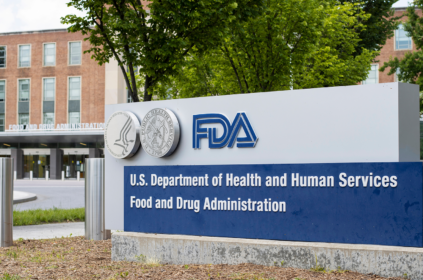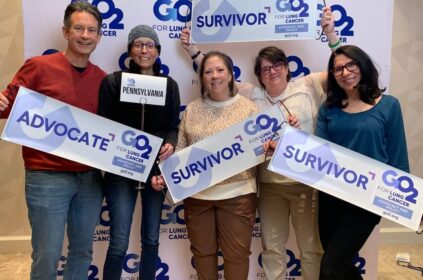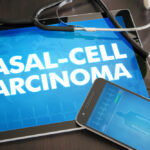In August 2024, the FDA approved several new cancer treatments in blood cancer and solid cancer space that were described in CureToday.com, Johnson & Johnson’s JNJ.com and are outlined below. The list includes additional therapies that had not previously been approved.
Synovial Sarcoma is a rare cancer affecting soft tissues such as ligaments or muscles. Tecelra (afamitresgene autoleucel) is a new option for patients who have metastatic synovial sarcoma and received chemotherapy, but the cancer is inoperable. The FDA issued an accelerated approval for Tecelra.
Findings from a trial called SPEARHEAD-1 were the basis for Tecelra’s approval with a 43% response rate out of 44 patients. Whereas cancer had completely disappeared from 4.5% of those patients.
Voranigo (vorasidenib) has been FDA-approved as a post-surgical drug for patients who have grade 2 astrocytomas (tumors in the brain) and vulnerable mutations. According to the FDA, Voranigo is an inhibitor as it interferes with the growth and chemical reaction of these mutations.
However, Matthias Holdhoff, M.D. co-director of Johns Hopkins Brain Cancer Group, said that it may take months to determine whether there is a benefit and even then, only some patients may respond. For those who do respond Dr. Holdhoff said it would provide a reason to delay radiation.
For Non-Small Cell Lung Cancer in the lymph nodes that is surgically removable and larger than 4 centimeters, Imfinzi has been FDA-approved as a potential treatment both pre- and -post surgery.
In this instance the pivotal phase 3 trial was called the AEGEAN trial. There were 802 enrolled adult patients.
Lazcluze (lazertinib) plus Rybrevant (amivantamab) is a new combination regimen that the FDA approved to treat NSCLC with EGFR exon 19 deletions. The MARIPOSA trial (1,074 patients) served as the basis for approval of the Lazcluze therapy.
Additional information is available here.
Lymphir has been approved as a targeted therapy for patients who have been diagnosed with refractory or relapsed cutaneous T-cell lymphoma. A prerequisite is that they have received a minimum of one prior therapy.
One hundred nineteen patients participated in the phase 3 study that led to the approval of Lymphir. Francine Foss M.D., Director of Yale Center’s Cancer Hospital explained that Lymphir is targeted to kill cells expressing interleukin-2 receptors believed to inhibit the body’s defense against cancer. The targeting also avoids many side effects associated with chemotherapy.
More info about the approval over at OncLive.
And lastly,
Niktimvo to treat Graft-versus-host-disease which is generally experienced by patients who have received a stem cell transplant from allogeneic donors as opposed to an autologous transplant where the donor is the patient. The prerequisite is a minimum of two lines of prior therapy.
The goal of the AGAVE-201 trial was to evaluate the overall response rate in seventy-nine patients who were treated with Niktimvo. At a twelve month-follow-up sixty percent of patients who had an initial response were still living without receiving an additional systemic treatment.
Editor’s Note: Get Involved
Cancer doesn’t discriminate. WHATNEXT and its partners are interested in amplifying the voices of those from all identities and backgrounds. If you have a cancer journey to share, reach out here to learn more about how your voice can help spread awareness and inspire individuals from all walks of life.
astrocytoma cutaneous T-cell lymphoma FDA graft-versus-host-disease non-small cell lung cancer synovial sarcoma
Last modified: January 23, 2025











